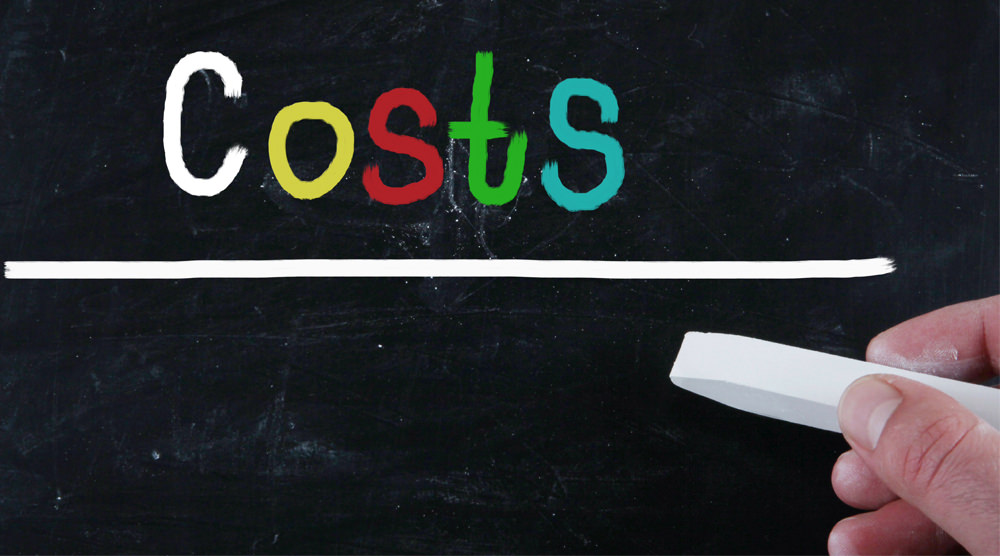Friday Freakout: Is Federal School Choice Best for Americans?

House Speaker John Boehner spoke this week about a five-step plan to boost economic growth. Part of that plan includes school choice: “That’s why we created the first federally-funded private school choice initiative in America, the D.C. Opportunity Scholarship Program. And I’ll tell you what: it is succeeding beyond even our highest expectations. 97 percent […]







